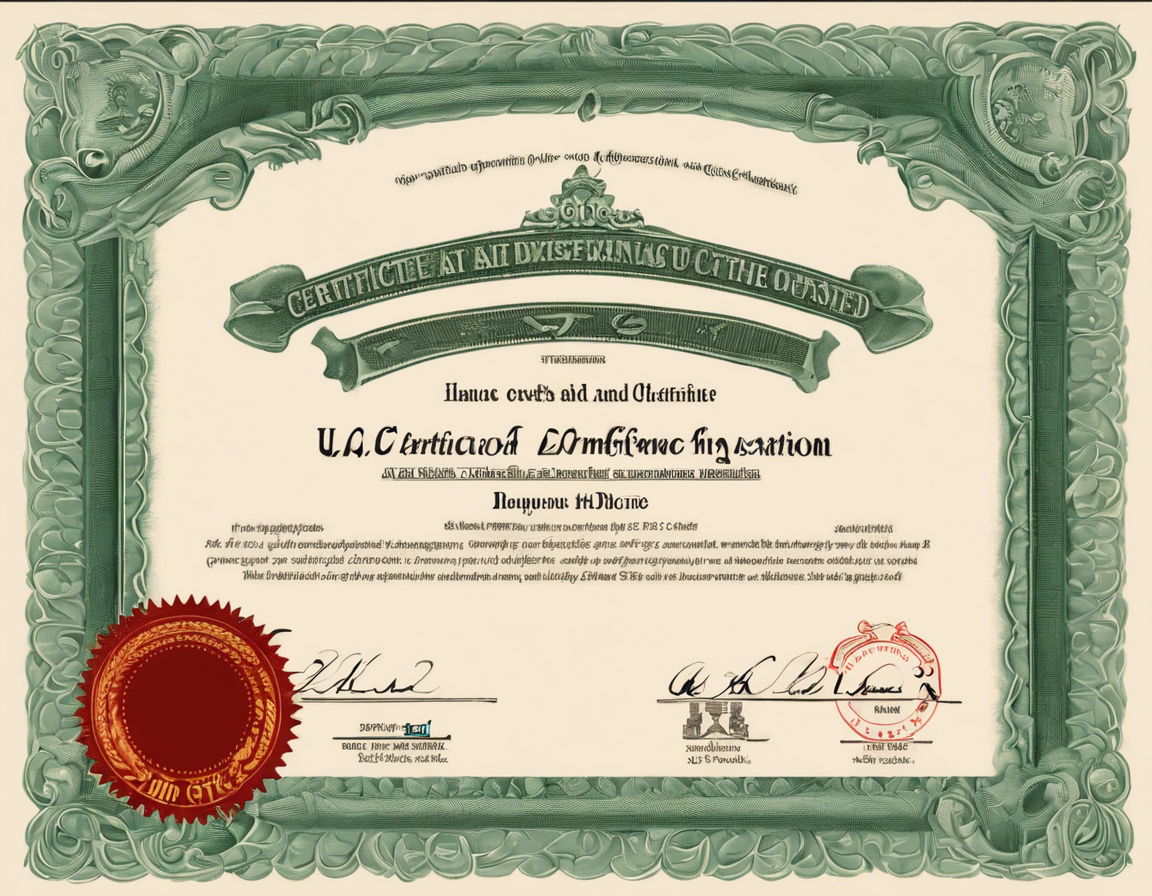India has a unique system of film certification that is administered by the Central Board of Film Certification (CBFC). Movies are given different cer
India has a unique system of film certification that is administered by the Central Board of Film Certification (CBFC). Movies are given different certification categories based on their content, with U/A being one of the most common certificates that films receive. In this article, we will dive deep into the U/A certificate and understand what it means for movies and their audiences.
What is the U/A Certificate?
The U/A certificate stands for “Parental Guidance – Strongly Recommended.” This means that the film is deemed suitable for audiences above the age of 12 years. Children below this age can watch the film under parental guidance. The U/A certificate indicates that the film may contain moderate adult themes, violence, strong language, or sensitive content which may not be suitable for children below 12 years of age.
Criteria for U/A Certification
Films are reviewed by a committee of members who assess the content based on various parameters such as violence, nudity, language, drug abuse, intimacy, and horror. If the film contains elements that are considered unsuitable for children, it is likely to be given a U/A certificate. The committee aims to strike a balance between artistic expression and social responsibility while certifying films.
Implications of U/A Certification
1. Restricted Viewing: Films with a U/A certificate may not be suitable for all age groups, particularly young children. Parents are advised to exercise caution and discretion when allowing their children to watch U/A certified films.
2. Advertisement Restrictions: Films with a U/A certificate may have restrictions on their advertising and promotional activities. Advertisements may need to be displayed with a disclaimer indicating the U/A certification.
3. Content Warnings: U/A certified films often contain content warnings at the beginning to alert viewers about the nature of the film. These warnings help viewers make informed decisions about whether to continue watching the film.
U/A Certificate vs Other Certifications
- U: Universal – Suitable for all age groups.
- A: Adults Only – Restricted to viewers above 18 years of age.
- S: Special Audience – Restricted to specialized groups such as doctors or scientists.
- F: Restricted to viewers above the age of 18 for various reasons including adult themes, violence, or explicit content.
Why Films Receive a U/A Certificate
- Violence: Films with moderate levels of violence that may not be suitable for young children could receive a U/A certificate.
- Adult Themes: Movies dealing with complex adult themes such as relationships, social issues, or political dramas could be classified as U/A.
- Language: Films containing strong language or explicit dialogues may receive a U/A certification to alert parents about the content.
Benefits of the U/A Certification
- Guidance: The U/A certificate helps parents make informed decisions about the suitability of a film for their children.
- Awareness: The certification creates awareness about the content of the film, enabling viewers to choose movies that align with their preferences.
- Responsible Viewing: By categorizing films based on their content, the U/A certification promotes responsible viewing habits among audiences.
Frequently Asked Questions (FAQs)
1. What age group is the U/A certificate suitable for?
The U/A certificate is recommended for audiences above the age of 12 years. Children below this age can watch the film under parental guidance.
2. Can children below 12 years watch U/A certified movies?
Children below 12 years can watch U/A certified movies under parental guidance. However, it is advisable for parents to preview the film and assess its suitability for their children.
3. Are U/A certified films appropriate for all age groups above 12 years?
While U/A certified films are deemed suitable for audiences above 12 years, parents should consider the content of the film before allowing younger teenagers to watch it.
4. What content can be expected in a U/A certified movie?
U/A certified movies may contain moderate adult themes, violence, strong language, or sensitive content that may not be suitable for young children.
5. How are films classified under different certification categories?
Films are classified based on their content, with the CBFC reviewing various elements such as violence, nudity, language, and drug abuse to determine the most appropriate certification category.
6. Can U/A certified films be watched by adults?
Yes, U/A certified films can be watched by adults. The certification is more of a guideline for parents to assess the suitability of the film for children.
7. Do all films need to be certified by the CBFC?
Yes, all films intended for public exhibition in India need to be certified by the CBFC to ensure that they comply with the guidelines set by the board.
8. What should I do if I find the content of a U/A movie unsuitable for my child?
Parents are encouraged to preview movies before allowing their children to watch them. If they find the content unsuitable, they can choose not to expose their children to that particular film.
9. Are there any penalties for showing uncertified films in cinemas?
Exhibiting uncertified films in cinemas is illegal and can lead to penalties. It is important for filmmakers and distributors to comply with the certification process to avoid legal repercussions.
10. How can filmmakers ensure their films receive a U/A certificate?
Filmmakers can ensure that their films align with the guidelines set by the CBFC regarding language, violence, nudity, and other sensitive content to increase the chances of receiving a U/A certificate.


COMMENTS